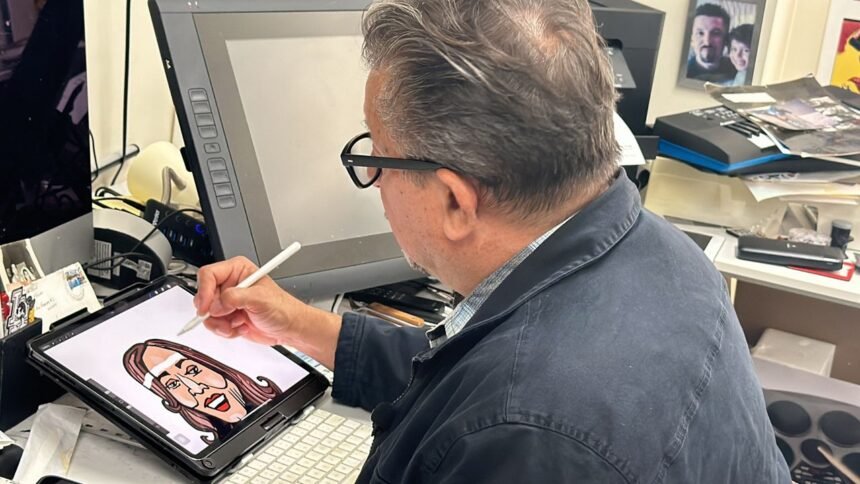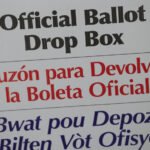LOS ANGELES — With 17.5 million Latinos expected to vote this year, experts are hoping they don’t fall for disinformation that often spreads on social media.
It is a unique concern given The Pew Research Center found Latinos sometimes or often get their news from various social media sources such as YouTube, Facebook, and WhatsApp. The latter messaging app is more popular among Hispanics than any other demographic in the U.S., according to The Pew Research Center.
According to the Program Manager for Information Integrity at NALEO Educational Fund, Josué Romualdo, the various sources from which Latinos get their information are why misinformation, disinformation and misinformation are hard to combat.
“Research has shown us that the Latino community is very much active on social media platforms. So they’ll turn to certain platforms to access information, specifically political news or even like information about elections,” said Romualdo.
He points out that those hours spent online are the key to this issue.
“Given our online presence or the usage of social media platforms and online platforms, it doesn’t make us more vulnerable, but it actually increases that exposure more,” said Romualdo.
But it also has to do with access.
“Historically, the community has had a lack in the ability to access timely and accurate information. So the spread of misinformed and disinformation and these false narratives just increases that or exacerbates it a little bit more,” said Romualdo.
He says this is dangerous because it affects people’s ability to take part in the electoral process. A recent poll they conducted in California earlier this year showed the grave effects of false information.
“21% of the community members surveyed believe that they can still vote on the internet, and that’s something pretty alarming,” said Romualdo.
It is why he says the NALEO organization is working to combat misinformation through their ‘Defiende La Verdad‘ Campaign,” offering bilingual training and conducting rapid response efforts to flag harmful social media content.
“You can also check where is it coming from, who’s posting it, what’s the account? Check if it’s an organization, if it’s a person, and if you’re still feeling like you know something is off. We want to make sure that you have the right information. There are a number of tools out there that are helpful for folks,” said Romualdo.
He also points to media literacy courses nationwide and other organizations’ efforts to combat misinformation.
One of those organizations also working in this effort is Voto Latino, where renowned political cartoonist Lalo Alcaraz is joining in their plan to visit various states to get out the vote and educate folks.
“We’re going to be informing the people with good information and we’re going to be on the radio, Spanish language radio, giving good information and talking about the erroneous information and what to look for,” said Alcaraz.
In the days leading up to this election, he has been cranking out political cartoons, with a recent one focused on typical avenues of misinformation for Latinos.
“Like, you know your crazy uncle that loves conspiracy theories. He’s getting them from somewhere,” said Alcaraz.
That is why his sketches are aimed at stopping someone from simply consuming the information on their feeds but rather analyzing the data.
“I think it’s because of the scale of the internet that you could just hop onto the next thing and it could be very, very bad, not from a respectable news source,” said Alcaraz.
This is why he echoes Romualdo: to question and research if something does not feel right.
“Just because it’s posted on the internet does not mean it is true,” said Alcaraz.
He says at this point, he just hopes people decide to make their voice heard.
“I really hope that all communities get this message because, you know, when you’re in an information desert, you might be in a low income, community of color, and it’s just like food, we need equal access to things,” said Alcaraz.











